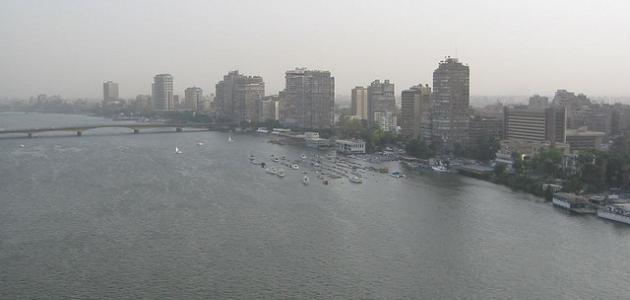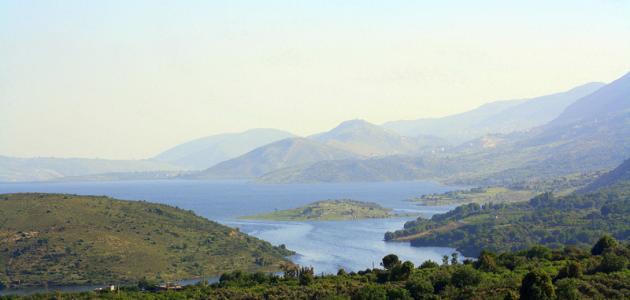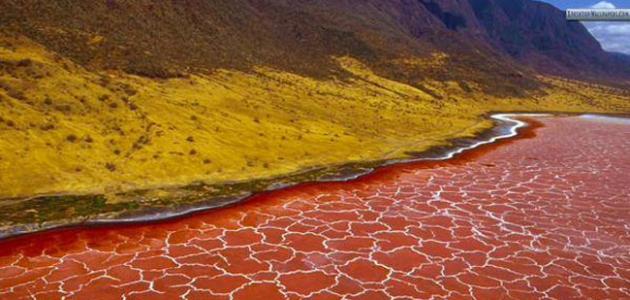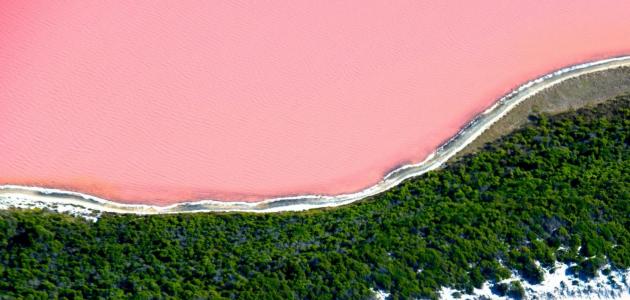The ancient importance of the Nile River
The Nile River contributed in the past to the emergence of the Egyptian civilization on the banks of the Nile River, according to the records of the ancient Greek historian Herodotus. The silt deposits along the banks of the Nile transformed the dry desert areas in Egypt into fertile lands, which contributed to supporting the emergence of the ancient Egyptian civilization. The ancient people cultivated wheat, flax, papyrus and other crops along the banks of the Nile, and they also transported their goods across the river, which led to the economic stability of civilization, and the Nile River system supported human, animal and plant life along its banks in other areas through which it flows to the side of Egypt .
Agriculture support
The waters of the Nile River that are available throughout the year, along with the high temperatures in the region, helped to make conditions suitable for intensive agriculture along its banks, as the Nile-Akagira system provides water for large areas of African lands, and therefore the river system is responsible for supporting the lives of millions. Of the people who live on its banks at the present time, as the Akagera River basin supports about 14 million people, and most of the population of Egypt is concentrated on the banks of the Nile, such as the residents of the cities of Khartoum, Aswan, Cairo, and Luxor.
Facilitate mobility
The Nile River is an important and vital waterway for movement between different regions, especially at times when transportation by car is not possible, such as flood seasons, but the development and improvement of air facilities, railways, and highways at the beginning of the twentieth century led to To reduce dependence on the waterway.
Read also:Where is the Orontes River located?Hydroelectric power generation
The Nile River was used to generate hydroelectric power, as the Nile Basin Initiative began in 1999 to help the countries located on its banks in order to benefit from the Nile and its benefits. In the region, many dams have already been constructed in order to control floods and generate hydroelectric power, in order to help the countries through which it passes, most of which are still considered relatively poor countries.
Read also:What are the sources of water pollution in the Nile River?








